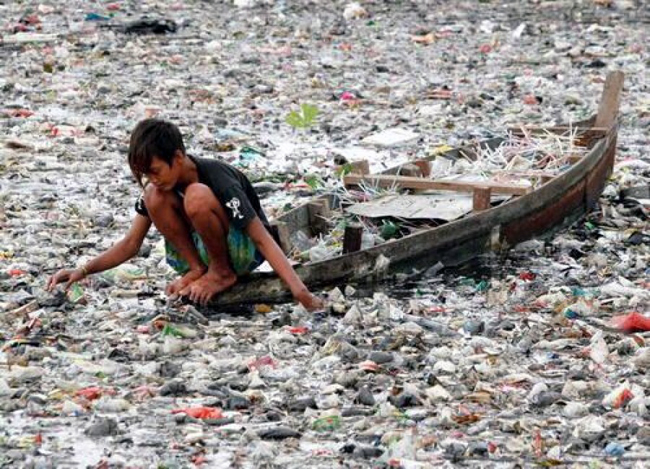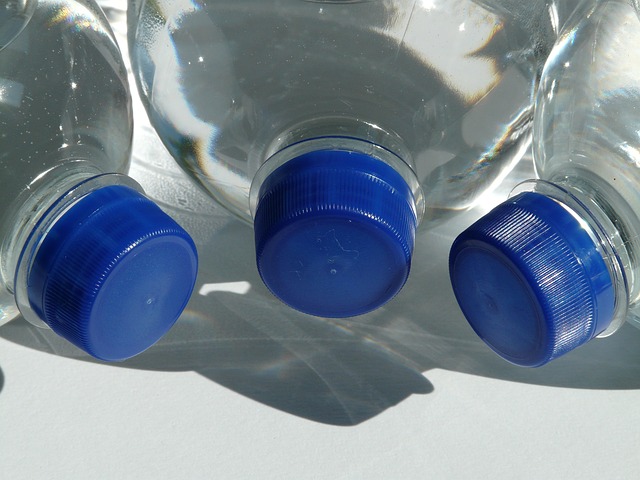
Plastic Pollution
You might have heard of the challenge Plastic free July before. It is an initiative to encourage people not to use single-use plastics. The motive behind it makes total sense: for example, why would you need to use plastic, a material that takes centuries to decompose for wrapping which loses its purpose right after the product is open?
We should add, though, that plastic does not decompose like other degradable trash. Microorganisms don’t recognize plastic as food and therefore the decomposition is rather falling into microscopic pieces than actually biodegrading. Plastic buried in landfills can leach harmful chemicals into the soil which can then spread into groundwater.
So the simplest and best solution is to stop using plastic in the first place. Plastic-free July only asks you to do this for a month. Sounds easy?
As much as it may seem simple at first, the execution of actually living plastic-free is not that easy. If you just think about going grocery shopping, a lot of items are wrapped in plastic, the container is plastic or the product itself contains plastic. If you feel like achieving the goal of living absolutely plastic-free for a month is too hard but you would still like to contribute and live a more sustainable lifestyle, here is an easy change: avoid drinking bottled water.
The following infographic by trademachichines, will explain why bottled water is not only a waste of money and resources but in which ways it is harmful to the environment. If we could just reduce the 79 million plastic bottles (plastic pollution) used per day in the U.S. to half, with the oil saved we could already fuel 500,000 cars for a year! Take a look at the numbers yourself and you might never want to buy a bottle of water again…
Article written for WhosGreenOnline.com by, Molly Connell

